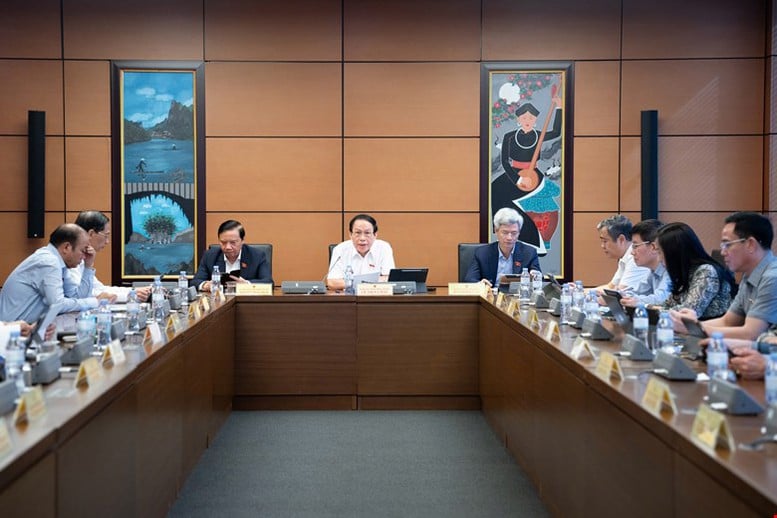
National Assembly discussed in groups on October 22
Continuing the 10th session program, on October 22, the National Assembly discussed in groups and gave opinions on 5 draft laws: Law on Civil Aviation of Vietnam (amended), Law on Public Employees (amended), Law on amending and supplementing a number of articles of the Law on Education , Law on Higher Education (amended), Law on Vocational Education (amended).
Regarding the draft Law on Civil Servants (amended), the majority of opinions of National Assembly deputies highly appreciated that the draft Law has shown many new and progressive points, consistent with modern management trends.
The law is built in the direction of managing civil servants in association with job positions; clearly defining groups of titles, authorities, and responsibilities; overcoming the situation of average salary payment and use of civil servants.
Notably, the draft Law on Civil Servants (amended) demonstrates a strong innovative mindset, when expanding the scope of rights of civil servants, allowing them to sign contracts to carry out professional activities, participate in capital contributions, and manage businesses.
At Group 1 (Hanoi Delegation), delegate Nguyen Phuong Thuy agreed with the regulation that civil servants are allowed to sign professional contracts or participate in business activities, but emphasized the need for a mechanism to control risks and prevent conflicts of interest, especially in areas such as health care and science and technology. Because if there are no specific limits on capital contribution, scope of management, or information disclosure mechanism, this regulation can be exploited, affecting the reputation and integrity of the public sector.
In addition, delegate Nguyen Phuong Thuy suggested that the Law should have clear provisions on the responsibility to publicize contracts, capital contribution levels, as well as the right to refuse of heads of public service units when detecting signs of conflicts of interest. This will help units more conveniently implement and ensure the principle of transparency in public service activities.
At Group 6 (including the delegations of Dong Nai, Lang Son, and Hue), delegate Pham Nhu Hiep (Hue delegation) also said that the regulation allowing civil servants to sign contracts, contribute capital, and run businesses is progressive, but if not strictly controlled, problems will arise. Civil servants working in state agencies but also participating in businesses will easily take advantage of their public positions for personal gain.
For example, if a doctor in a public hospital opens a private clinic, he or she can use the reputation and brand of the public unit, or even resources, research data, equipment, and personnel - this needs to be bound by clear legal regulations. Therefore, the Law needs to limit the scope of permission, or establish a transparent approval and declaration process to ensure that officials do not do anything detrimental to the organization or work unit.
At Group 9 (Hung Yen Delegation, Hai Phong), delegate Ngo Dong Hai (Hung Yen Delegation) said that the regulation allowing civil servants to sign contracts, contribute capital, and do business outside is "very progressive", helping to promote intelligence.
However, delegates warned of the risk of exploitation, as the saying goes, "the outside leg is longer than the inside leg", meaning that civil servants enter public service units not to contribute, but to "use the advantages of brand, reputation, and other intangible issues" of the public unit for outside business purposes.
To prevent this negativity, delegate Ngo Dong Hai proposed that the law should add a provision: "When civil servants participate in such outside activities, they must not use the name or brand... related to the public service unit in which they are currently operating."
Agreeing with this view, delegate Nguyen Ngoc Son (Hai Phong Delegation) said that when the law allows civil servants (in the fields of science, education, and health) to sign contracts to manage enterprises, it could lead to the risk of conflicts of interest and violations of the Law on Anti-Corruption if not strictly controlled.
Delegates proposed adding the principle of "annual declaration of financial interests" and "strictly prohibiting participation in appraisal, approval, and signing of contracts related to organizations with related interests".
Thu Giang
Source: https://baochinhphu.vn/mo-rong-quyen-vien-chuc-tham-gia-hoat-dong-ngoai-cong-lap-tien-bo-nhung-can-kiem-soat-10225102214131787.htm








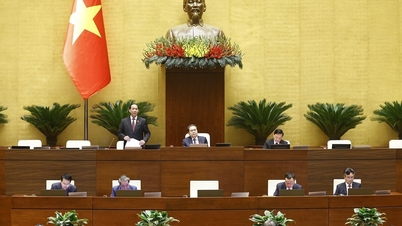

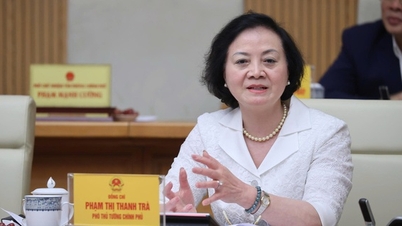
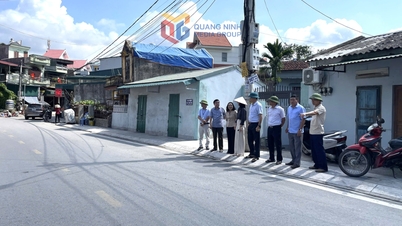
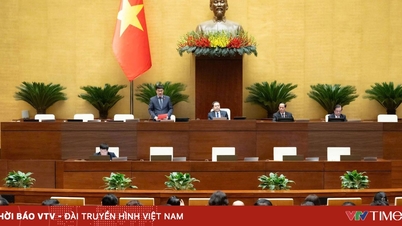

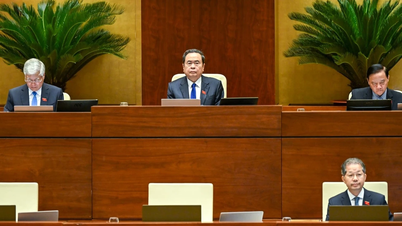

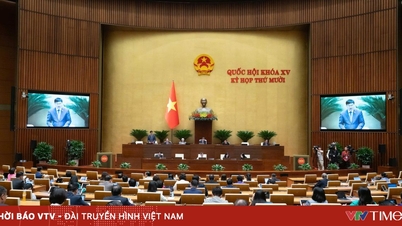
















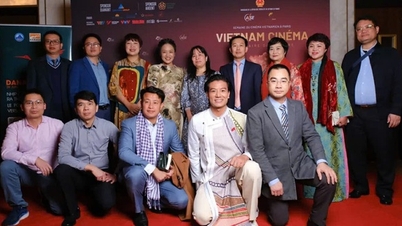

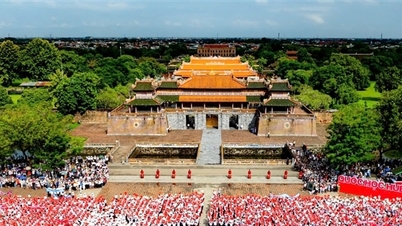

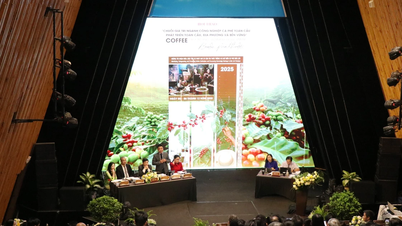








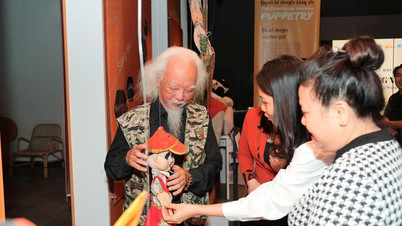
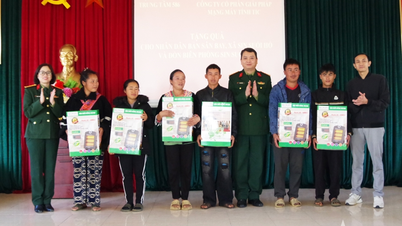


































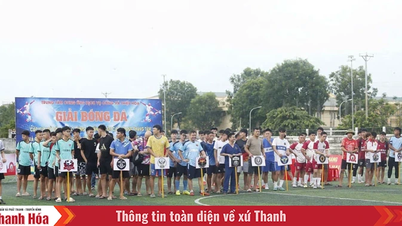







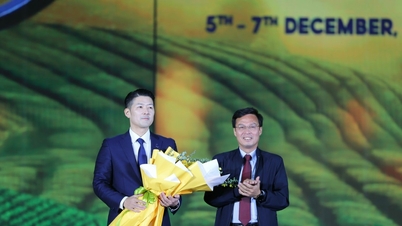


















Comment (0)